Table of Contents
-
Foreword
Recovery happens in communities where people access services, supports and relationships that support them. This simple notion is at the heart of what makes Recovery Community Organizations powerful centers of collective impact. RCOs, at their core, reflect the strengths of a particular community and offer a place where individuals can reclaim their identities as valued…
-
Table of Contents
Table of contents for the entire guide
-
Introduction
Recovery Community Organizations (RCOs) are independent, nonprofit organizations, led and governed by representatives of local recovery communities. These 501c3 nonprofit organizations play a critical role in supporting individuals, families, and communities. Peer-led RCOs not only serve as valuable resources but also reflect the strengths and assets of the communities in which they operate.
-
Section 1: About this Resource
The guide was created for RCOs that have established their nonprofit status and wish to build a strong foundation, grow programs and services, and/or are looking to move to the next phase of development. For individuals or organizations just starting out, we suggest connecting with Faces & Voices of Recovery National Recovery Institute and attending…
-
Section 2: RCO Culture
In this Section, you’ll learn about revisiting your mission, vision and values, how to identify organizational stakeholders, ways to thoughtfully engage the community, and learn about what to ask before creating partnerships.
-
Section 3: Feedback and Evaluation
In this section, you’ll learn about different ways to collect feedback, key terms used in evaluation, and be introduced to tools to think more deeply about your RCO’s impact Feedback […]
-
Section 4: Planning
In this section, you’ll learn why organizational planning is useful and how it supports sustainability. Planning is a part of an RCO’s sustainability and ongoing success. It’s a process that […]
-
Section 5: Infrastructure
This section focuses on infrastructure - the “behind the scenes” mechanisms that support nonprofit operations. Just like the scaffolding around a building under construction, organizational infrastructure provides the necessary support […]
-
Section 6: Recruitment, Onboarding, and Leadership Development
This section provides details about employee positions, leadership development, and training for creating a sustainable organization. All organizations, especially RCOs, do not exist but for the effort and commitment of […]
-
Section 7: Volunteer Management
This section focuses on steps and benefits of creating a Volunteer Program Creating a robust volunteer program in a RCO is a powerful way to harness the energy and enthusiasm […]
-
Section 8: Boards
This section focuses on the role, responsibilities, functions, and management of an RCO Board of Directors. A nonprofit board of directors is a group of individuals who oversee the operations […]
-
Section 9: Finance Section
This section digs into the details of financial management, budgeting, and provides resources for funding an RCO. Financial details, processes, and regulations are often the most stressful and most important […]
-
Section 10: Communication Strategies
This section focuses on the basic structures, tools, and systems many nonprofits use to communicate. Communication with stakeholders, be it via marketing and social media, newsletters, an organization's website, or […]
-
References
Angela. (2024, February 16). Stakeholder communication: Benefits, best practices, and Management. Simply Stakeholders. https://simplystakeholders.com/stakeholder-communication/ Bourne, L. (2016). Targeted communication: The key to effective stakeholder engagement. Procedia - Social and Behavioral […]
-
About the Authors
Kris Kelly Kris Kelly is a project manager for the Peer Recovery Center of Excellence, leading the RCO capacity-building team through the University of Wisconsin-Madison. With over a decade of […]


